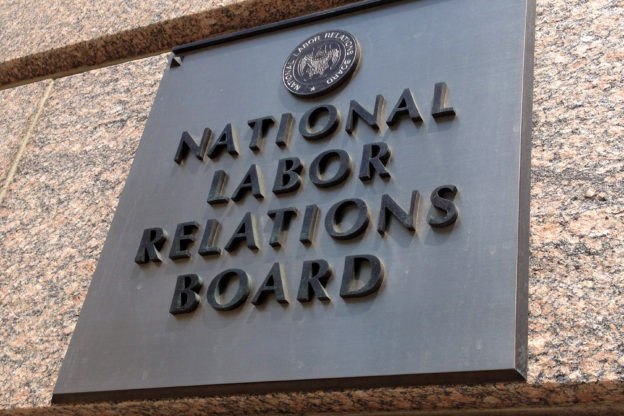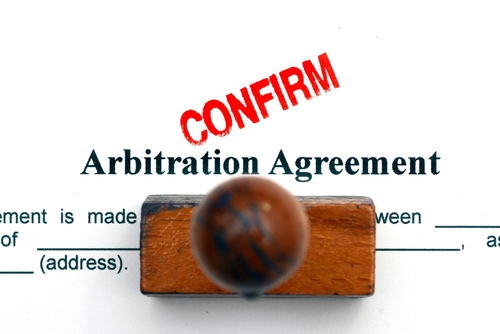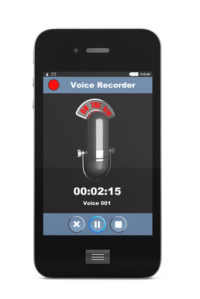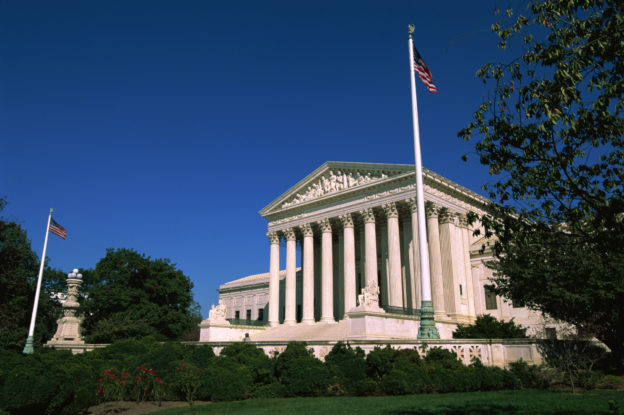 By Steve Gutierrez
By Steve Gutierrez
With a smartphone in almost every pocket, workers have high definition video and audio recording capabilities at their fingertips. It may be easier than ever before for employees to record workplace operations, meetings, disciplinary discussions, picketing, and other conditions and happenings in the workplace.
Some employers see potential worker recordings as detrimental to open and honest workplace dialogue and as well as potentially undermining a company’s protection of its proprietary or confidential information. These concerns may lead employers to adopt a policy to limit or prohibit employees from making recordings at work. After all, it seems inherently reasonable to require that employees get prior management approval before recording anything at work, or to limit what employees may do with video or audio recordings after they are made. So what’s the problem? Broad recording bans may infringe on employees’ rights under the National Labor Relations Act (NLRA).
How Policies May Violate The NLRA
Section 7 of the NLRA guarantees employees the right to “engage in . . . concerted activities for the purpose of collective bargaining or other mutual aid or protection.” This means that employees, whether unionized or not, have the right to take actions to help protect, enhance, or improve the terms and conditions of employment for themselves and their co-workers. Employers who interfere with or restrain employees’ Section 7 rights may be found to have committed an unfair labor practice (ULP) under the NLRA.
So how does a no-recording policy interfere with such rights? Even when a policy or rule does not expressly restrict protected Section 7 activities, mere maintenance of a policy can constitute a ULP in three scenarios: (1) if employees would reasonably construe the language in the policy to prohibit protected activity; (2) if the policy was implemented in response to union activity; or (3) if the policy has been applied to restrict the exercise of protected rights.
Overly Broad Restrictions May “Chill” Section 7 Rights
Typically, it is the first scenario that gets employers in trouble. You see, the National Labor Relations Board (Board) has held that in certain circumstances, employee recordings in the workplace can itself be a protected Section 7 activity. Generally, the Board finds that employee photographing, videotaping, and recording is protected by Section 7 when employees are acting in concert for their mutual aid and protection and there is no overriding employer interest. For example, employees recording images of employee picketing, or documenting discussions about unsafe working conditions, inconsistent application of work rules, or other terms of employment could be concerted activities protected under the NLRA.
When employers implement an overly broad policy that prohibits employees from making any workplace recordings, or permits recordings only with advance management approval, the Board takes the position that employees would reasonably construe that language as prohibiting protected Section 7 activities. As such, broad no-recording policies are seen as “chilling” employee rights, and therefore, a violation of the NLRA.
Second Circuit Recently Upheld ULP On Broad No-Recording Policy
In December of 2015, the Board ruled that Whole Foods had violated the NLRA by maintaining an overbroad no-recording policy. The company’s policy prohibited all recording without management approval. Whole Foods stated that its purpose for the policy was to promote employee communication in the workplace. The Board saw it differently, ruling that the policy’s overly broad language could “chill” an employee’s exercise of Section 7 rights because it was not limited to controlling those activities in which employees are not acting in concert.
Whole Foods appealed the Board’s decision to the Second Circuit Court of Appeals which recently issued its summary order affirming the Board’s 2015 decision. The appellate court wrote that the Board’s determination was supported by substantial evidence and was decided in accordance with law.
In a footnote, however, the Court noted that not every no-recording policy will necessarily infringe on employees’ Section 7 rights. But a lawful policy would have to be drafted narrowly so that it protects the company’s interests without interfering with employees’ protected activities.
Practical Policy Pointers
Employers generally have the right to control what goes on in their workplaces, so long as their policies do not violate specific employee rights. Legitimate business concerns, such as protecting confidential and proprietary information and fostering open and honest communications in the workplace, may justify a policy that limits employees from recording what goes on at work. In order to craft an enforceable policy that would likely avoid NLRB scrutiny, consider implementing the following practical tips:
- Tailor the policy narrowly – identify those areas, activities, and/or times when employees are prohibited from recording, leaving non-problematic areas, activities, and times open to recording. An outright ban will likely be struck down.
- Identify the legitimate reasons for the policy – by stating the strong business reasons for not allowing recording at certain times or places, employers help dispel the argument that the policy infringes on employee rights.
- Be consistent – if your business permits visitors to your plant to take video or audio recordings of your operation, it will be difficult to argue a legitimate business reason for denying employees to make recordings in the same areas. Similarly, if your business has surveillance cameras throughout the workplace, it may be difficult to argue that employee recordings will harm your business interests. Also, be consistent in policy enforcement because allowing some employees to record while denying that ability to other similarly situated employees will lead to trouble.
- Include a disclaimer – the policy should state that it is not intended to infringe on any employee’s right to engage in protected concerted activity.
Like most employment policies, a no-recording policy should reflect your specific business interests and industry and be narrowly tailored to achieve your end goal. If in doubt about whether you need or should revise a no-recording policy, please consult with your employment attorney.








 By
By 

